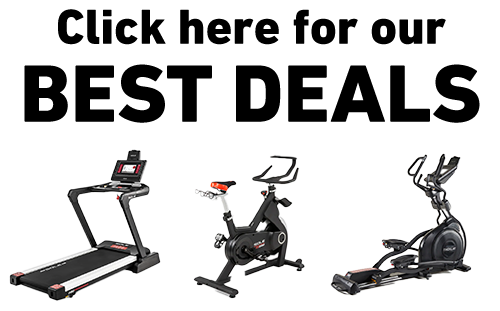Are you an early bird or a night owl? The debate between working out in the morning or at night has been a long-standing topic among fitness enthusiasts. Both options have their advantages and considerations, but which one is best for you? In this blog post, we'll compare the pros and cons of morning and night workouts, helping you decide the ideal time to break a sweat.
Energy Levels
Morning Workouts: Exercising in the morning can jumpstart your day, boosting energy levels and setting a positive tone. It can provide an invigorating start and help you maintain higher energy levels throughout the day. However, it may require waking up earlier, which can be challenging for night owls.
Night Workouts: On the other hand, night workouts can be a great way to blow off steam after a long day. They can help release built-up tension and provide a sense of relaxation before bedtime. However, for some individuals, intense workouts close to bedtime may interfere with sleep quality.
Weight Loss and Muscle Gain
Morning Workouts: Research suggests that working out in the morning can enhance fat burning and promote weight loss. Additionally, morning exercises help kickstart your metabolism, allowing you to burn calories throughout the day. However, muscle gain may take longer to achieve due to lower testosterone levels in the morning.
Night Workouts: While evening workouts may not have the same metabolic boost as morning workouts, they can still contribute to weight loss and muscle gain. Muscle strength tends to peak in the late afternoon, making it an optimal time for resistance training and performance-based workouts.
Performance and Focus
Morning Workouts: Many individuals find that exercising in the morning enhances their mental focus and productivity throughout the day. Morning workouts can provide a sense of accomplishment and set a positive tone for the day ahead. Additionally, the release of endorphins during morning exercise can improve mood and mental clarity.
Night Workouts: Evening workouts can serve as a great stress reliever after a busy day. They can help clear your mind, release tension, and improve overall mood. However, some individuals may experience decreased focus during evening workouts due to fatigue or distractions accumulated throughout the day.
Convenience and Lifestyle
Morning Workouts: For those with busy schedules, morning workouts can offer convenience and consistency. By getting your exercise done earlier in the day, you can avoid potential conflicts or interruptions that may arise later. It can set a positive tone for the day and provide a sense of accomplishment.
Night Workouts: On the other hand, evening workouts can be more suitable for night owls or individuals with flexible schedules. It allows them to utilize their peak energy levels during the evening and unwind after a long day. However, it's important to prioritize consistency and ensure you have enough time to wind down before bed.
Conclusion
Ultimately, the best time to work out depends on your personal goals, preferences, and lifestyle. Consider factors such as energy levels, sleep quality, weight loss/muscle gain goals, performance, and convenience when making your decision. Whether you choose to rise with the sun or burn the midnight oil, what matters most is finding a workout routine that fits seamlessly into your life and brings you closer to your fitness goals.
Remember, consistency and dedication are key in any exercise routine. So, lace up your shoes, find your perfect workout time, and get ready to unleash your inner strength!




Leave a comment
This site is protected by reCAPTCHA and the Google Privacy Policy and Terms of Service apply.